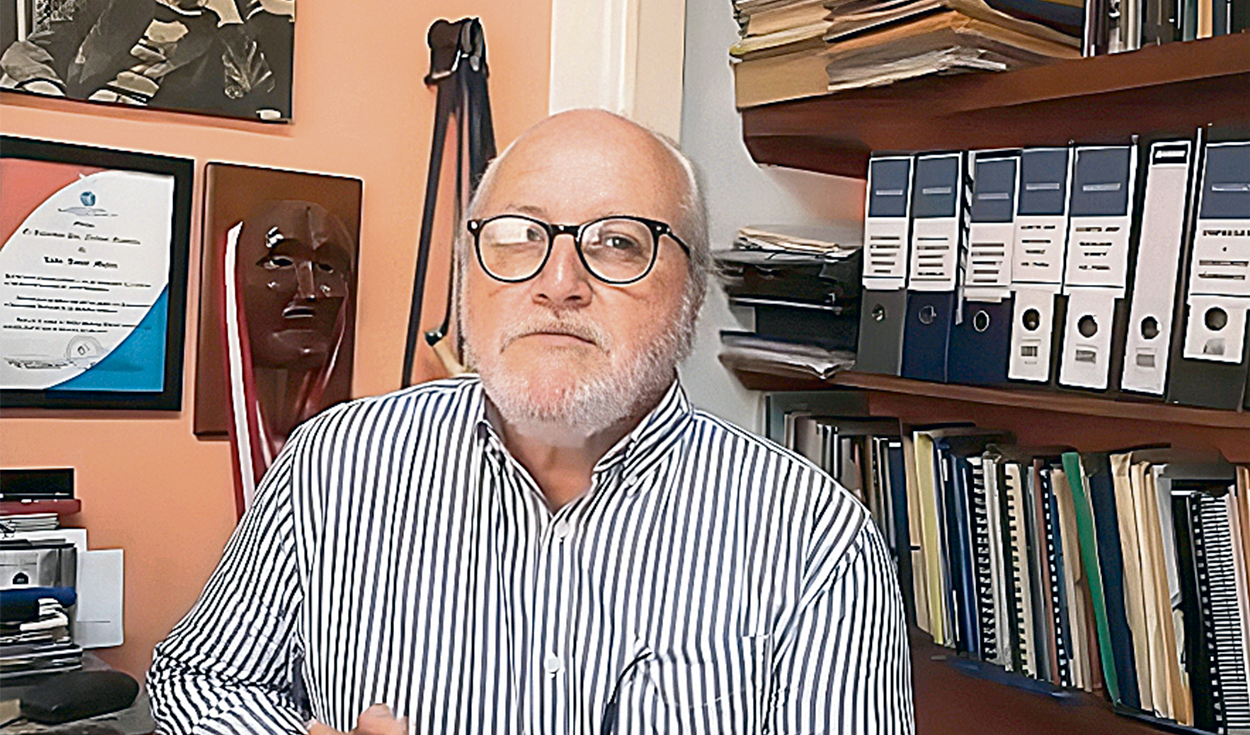
Mujica Petit discerns the Peruvian economic structure that, despite the much applauded economic scheme of productive bonanza, pushes enterprises to be born in informality. The State, in his opinion, is an accomplice and an example that the laws are not respected.
– 90% of independents are informal. What is the reason for the normalization of illegality?
– In Peru, our labor market has a very small offer for self-employment. I believe that there is a structural problem in our labor market because there is a structural problem in our economic model, which is concentrated in commerce and services, and not in industrial or extractive production, which received privileges.
– What is the face of Peruvian labor informality?
– We have an extractive and export model where mining does not even generate, even through chaining, much employment. Agriculture generates employment, in most cases, self-employment. The small farmers who produce and who are going to sell their production to the market. And then the rest of the people work in commerce and services, fundamentally.
– Chile and Peru have been examples of neoliberal success for decades, but in the case of the southern neighbor, labor informality fell to less than 30%, and here we are close to 80%. What did we do wrong?
In Chile, its institutions and law enforcement are much greater than here. In Peru there is a great tolerance for informality, that is, compliance with the laws, even starting with the State, where thousands of workers hired as service providers are not such or have interns who are not. Anyway.
– Is it an endemic evil that hinders the country?
– Public institutions, which should be the example, are the ones that fail to comply with the rules. In the latest administrations (presidential) they understand that the way to promote foreign investment, for example, is by reducing the levels of demand of the law in labor or environmental matters. For example, taking away powers from the bodies that oversee compliance with the law, be it Sunafil or the OEFA.
– Is labor rigidity, questioned by several specialists, an obstacle to formalization?
– Our legislation is not stronger or more rigid than the legislation that exists in European countries. Spain, for example. Here neither in terms of temporary hiring, nor the protection of employment stability, nor opposition to the law, nor the law of avant-garde benefits through collective bargaining and union activity are we more rigid, because there are many union activity and collective bargaining in developed countries. It is a big lie that they say that standards are the factor that generates informality.
– How does this informal nature impact the economy?
– The Peruvian economy is a disrupted, non-competitive economy that unfortunately does not generate a competitive workforce. The pandemic made everything worse. He exposed the shortcomings that have been going on for years. Be careful, the pandemic did not create the problems, it only put them on display. You noticed what was hidden beneath the story.
Source: Larepublica
Alia is a professional author and journalist, working at 247 news agency. She writes on various topics from economy news to general interest pieces, providing readers with relevant and informative content. With years of experience, she brings a unique perspective and in-depth analysis to her work.












